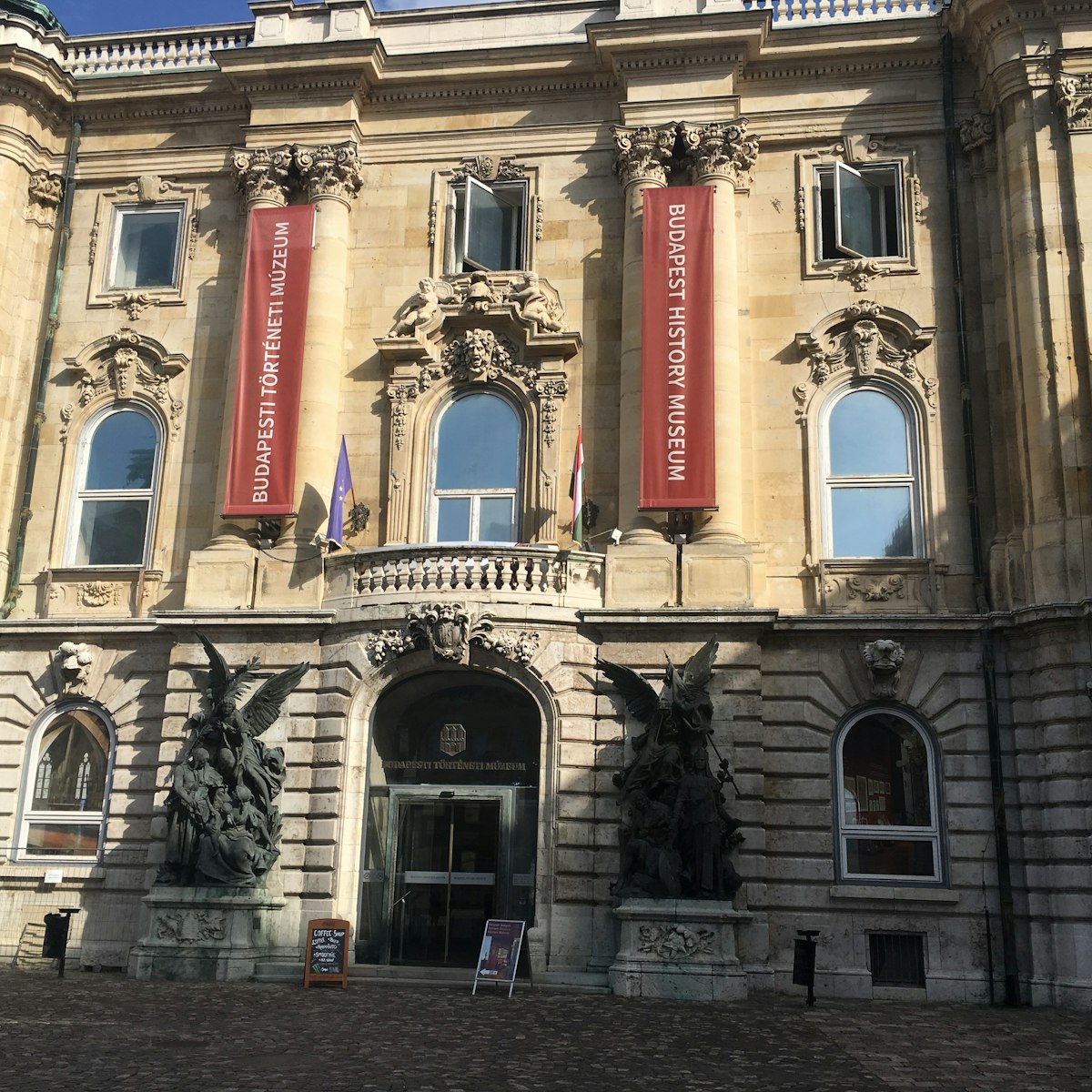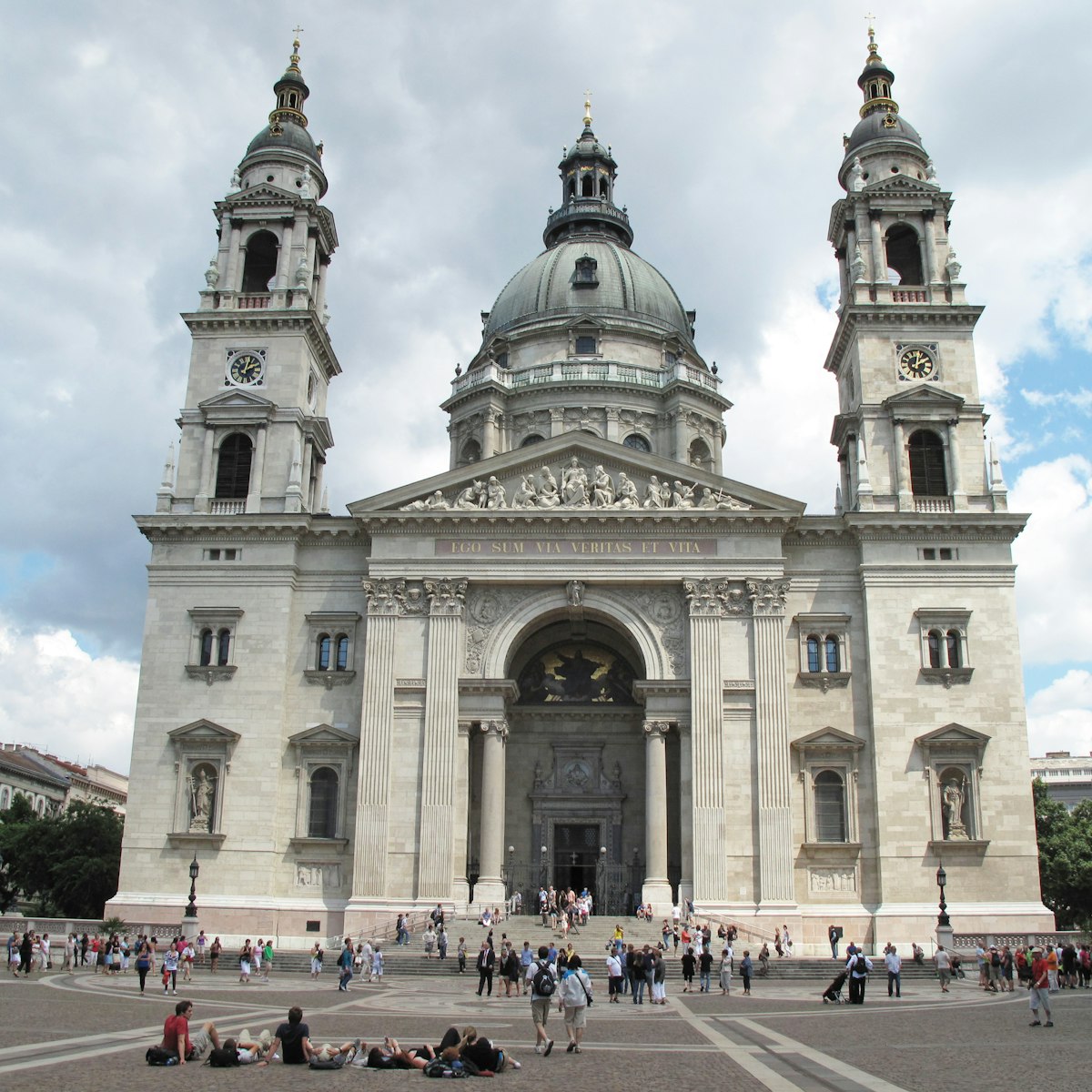The Hungarian National Museum houses the nation’s most important collection of historical relics in an impressive neoclassical building, purpose built in 1847. Exhibits on the 1st floor trace the history of the Carpathian Basin from earliest times to the arrival of the Magyars in the 9th century; the ongoing story of the Magyar people resumes on the 2nd floor, from the conquest of the basin to the end of communism.
The museum was founded in 1802, when Count Ferenc Széchényi donated his personal collection of more than 20,000 prints, maps, manuscripts, coins and archaeological finds to the state. Highlights include Celtic gold and silver jewellery, a huge 2nd-century Roman mosaic, King St Stephen’s crimson silk coronation mantle, a Broadwood piano used by both Beethoven and Liszt and memorabilia from socialist times.








